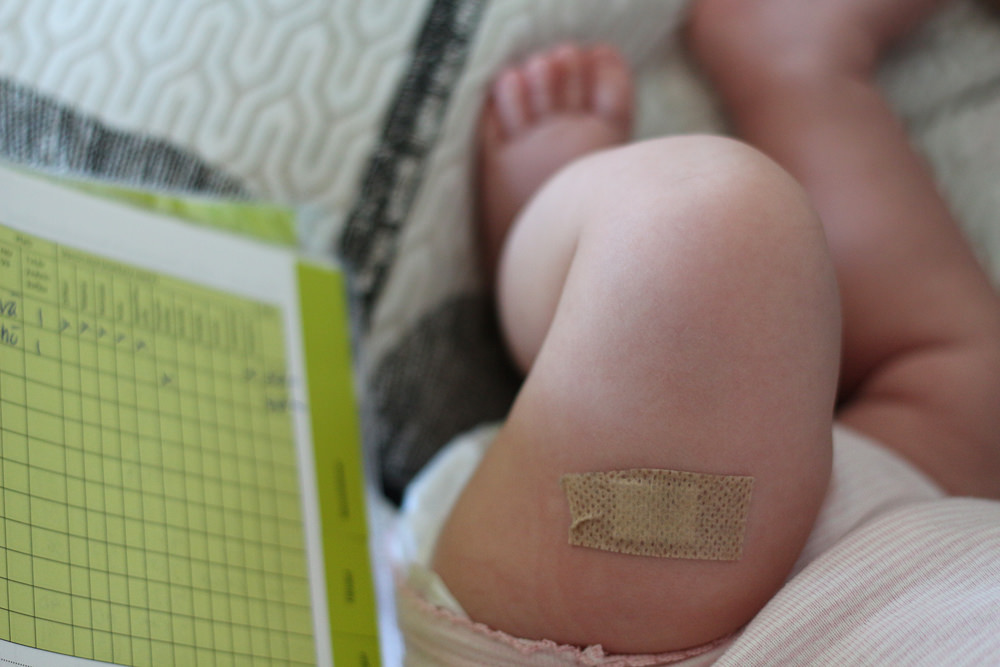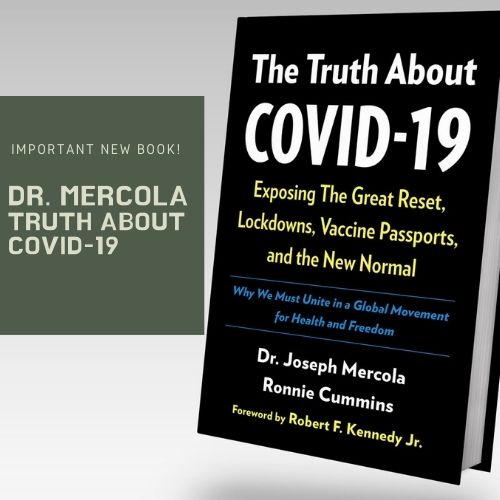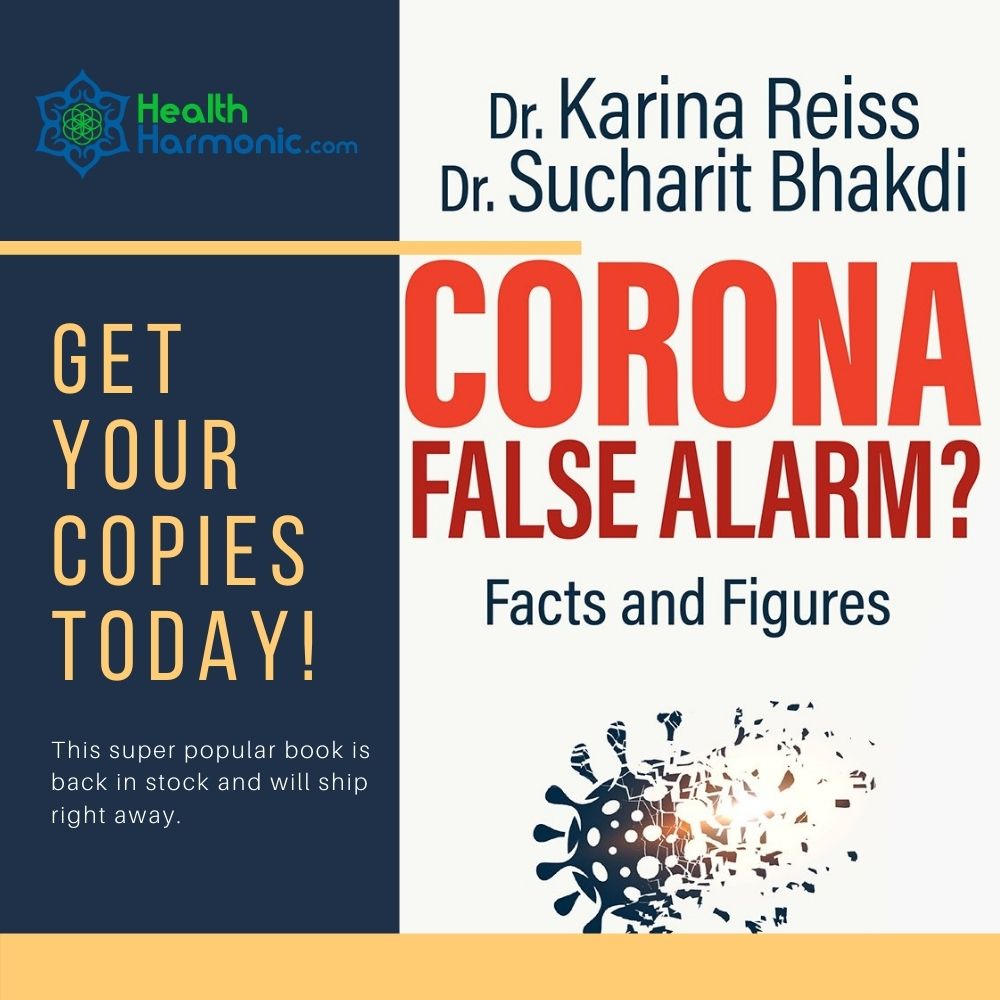
Compulsory vaccination is virtually a part of every child's life, everyone's been through it. But what if some chemicals in these vaccines do more harm than good? There are compelling pieces of evidence that point to the dangers of multiple vaccines in children.

Now one study may have confirmed every parent's worst nightmare: the practice of childhood vaccination may be unsafe. In a press release, medical research journalist Neil Z. Miller writes that vaccinations for polio, hepatitis B, diphtheria, tetanus, pertussis, rotavirus, Haemophilus influenza type B, and pneumococcal vaccines were not tested for safety in clinical trials. Miller's analysis was published in an issue of the Journal of American Physicians and Surgeons.
In babies, there were 5.4% reported fatal reactions to vaccination, with "3.6% in those receiving four or fewer, the study shows." Miller concludes that "Parents and physicians should consider health options associated with a lower risk of hospitalization or death."
(GLOBE NEWSWIRE) — Multiple childhood vaccines are often given at one visit, but contrary to the claims of public health officials there is evidence that this practice is unsafe, writes medical research journalist Neil Z. Miller in an issue of the Journal of American Physicians and Surgeons.
Miller used data in the Vaccine Adverse Event Reporting System (VAERS), jointly operated by the U.S. Centers for Disease Control and Prevention (CDC) and the U.S. Food and Drug Administration (FDA), which was established in 1990. This contains about 500,000 reports of adverse events that occurred in association with, but not necessarily caused by vaccines. Miller acknowledges that health authorities often suggest that VAERS may be unreliable, but points out that CDC considers VAERS an important vaccine safety assessment tool and regularly conducts its own studies using VAERS data.
“Although CDC recommends polio, hepatitis B, diphtheria, tetanus, pertussis, rotavirus, Haemophilus influenzae type B, and pneumococcal vaccines for two-, four-, and six-month-old infants, this combination of eight vaccines administered during a single physician visit was never tested for safety in clinical trials,” Miller writes. “This is at odds with a CDC report which found that mixed exposures to chemical substances and other stress factors, including prescribed pharmaceuticals, may produce ‘increased or unexpected deleterious health effects.’”
Miller looked at the percentage of reported reactions that involved hospitalization or death as related to the number of vaccine doses the infant had received and the age of the infant.
“Our study showed that infants who receive several vaccines concurrently…are significantly more likely to be hospitalized or die when compared with infants who receive fewer vaccines simultaneously,” he writes. “It also showed that reported adverse effects were more likely to lead to hospitalization or death in younger infants.”
In infants receiving five or more vaccines concurrently, 5.4% of reported reactions were fatal, compared with 3.6% in those receiving four or fewer, the study shows.
www.march-against-monsanto.com
Image courtesy of: Freddy Olsson






